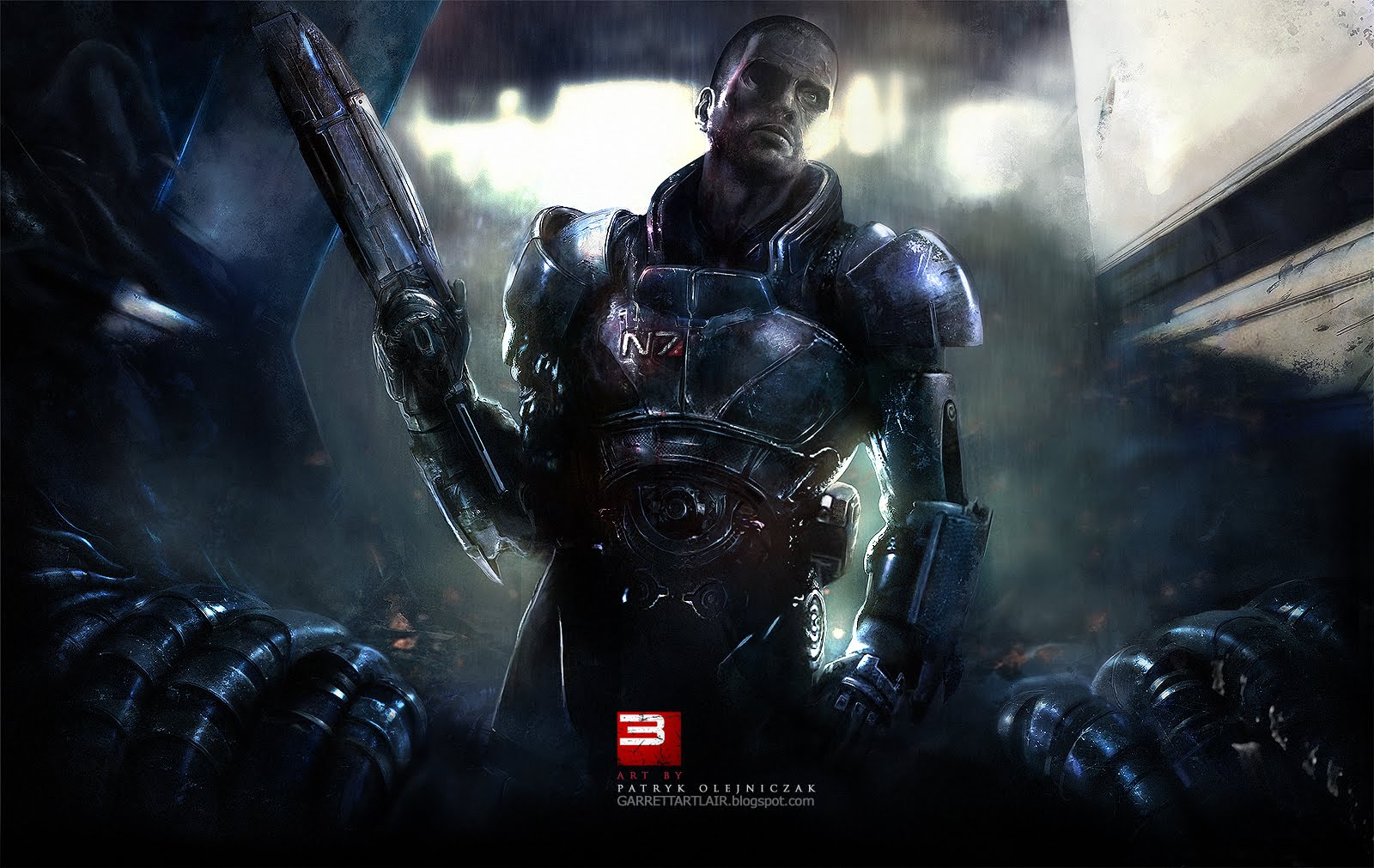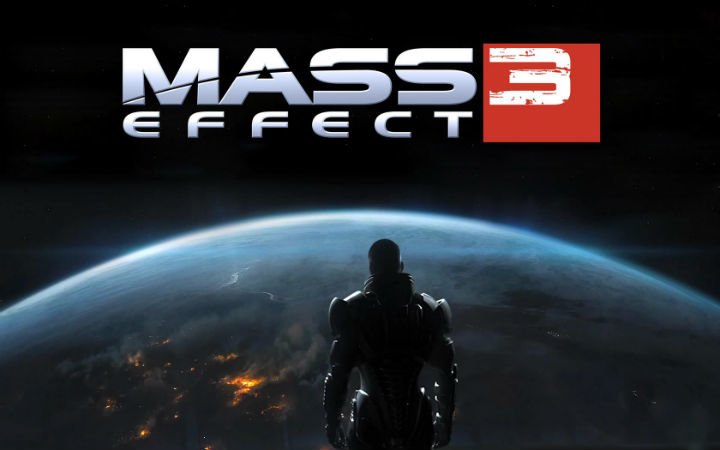
So, what “effect” did this particular game have on the industry?
On March 6th, 2012, Bioware released 9/10’s of the best video game they had ever made in Mass Effect 3. In an epic romp across the universe, Shepard begins to take the fight to a force that is decimating the galaxy. The writing was incredible, the characters just as memorable as you remembered, and the player felt like they were having an effect on the universe. That was, until the ending.
To be completely blunt, the original endings of Mass Effect 3 were garbage. Each of them felt rushed, forced, and overall incomplete. There was little to no closure given to the player, and beyond that even seemed downright out of character for Shepard. The worst part about it all, however, is that it did not feel like player choices impacted the ending in any way, shape, or form. Though there were slight differences depending on in-game factors, the fates of many people, places, and things were muddled and lost in what seemed to be a bad attempt at a misplaced bittersweet ending.
Fans were not happy. In droves, folks loyal to the Mass Effect series came forward with their complaints, even going so far as to file a complaint with the Federal Trade Commission, saying that Bioware was guilty of false advertising. Bioware co-founder Dr. Ray Muzyka responded, encouraging fans to bring forth constructive criticism to the team so that something could be done. Then, loads of free downloadable content was announced, among it being a “fixed” ending for Mass Effect 3.
Cue the summer of ’12, and gamers received their fixed endings. To be frank, said endings weren’t much of an improvement. The “star child” concept was still in play, and the entire Endingtron 5000 scenario didn’t go anywhere. Beyond that, should you rebel against the entire idea, you get a non-standard Game Over. However, what the endings did entail was both closure and a logical chain of events (given the situation). Both were sorely lacking beforehand, and it was a breath of fresh air. Granted, some people who came up with a hamfisted fan theory about mind control were mad, but for most people what was done was enough.
In this particular writer’s opinion, these events may impact the industry in a way that will change it forever. You see, Bioware was caught red-handed in finishing a product that really wasn’t finished. In fact, it was unfinished in a big way. Despite the high-praise that game bloggers gave the game (which seems to happen with most major releases), Bioware went back and admitting they didn’t do as well as they could have. Such things are rare these days. Bioware went back to what they did wrong, and they brought forth the ending that they probably should have put into the game in the first place. Beyond that, they did it for free.
From a business standpoint, this move is uncanny. Quite frankly, Bioware lost quite a bit of money doing this. They had to go forth and invest their own earnings to call back voice actors, developers, and everyone involved to re-craft and patch the ending to a video game. Some businessmen would consider what they did lunacy. Others would simply state that the multiplayer additions were enough freebies. Bioware did differently, and they did it for the right reasons. They did it because they knew that they needed to keep their connection to their customer base, because it is their greatest asset.
This is the point where developers and publishers are going to have to take notice. In the modern day, more and more people who play video games are getting wise to what makes games good and bad, and are starting to demand higher performance. People know when someone’s efforts can be better than they are, and now they’re figuring out all of the methods of showing their displeasure. In a way, all of gaming’s consumers are becoming smarter than publishers may have anticipated. Communities behind specific games, franchises, or developers are also becoming stronger and more vocal.
In the future, developers are going to have to adjust. Now, rushing release dates is going to have to be second guessed. In fact, it should be expected to see more delays in release due to a necessary increase in development time as opposed to just avoiding competition with Call of Duty. Beyond that, publishers and developers are going to have to keep an ear on the ground at all times, making sure that they are completely and totally in touch with their customer base. If they’re not, they may end up paying the price.
To be frank, no one should expect developers to completely change everything for the consumer base though. This is an art form, and artists are not slaves to fans. However, the fact of the matter is that said artists are going to have to constantly keep in touch with their fanbase, or else they may be doomed to fail. If an artist does not know his audience, then his work will always be what he wants, but he’ll never make a living off of it.
Popolo e Liberta!
-Micah C.

